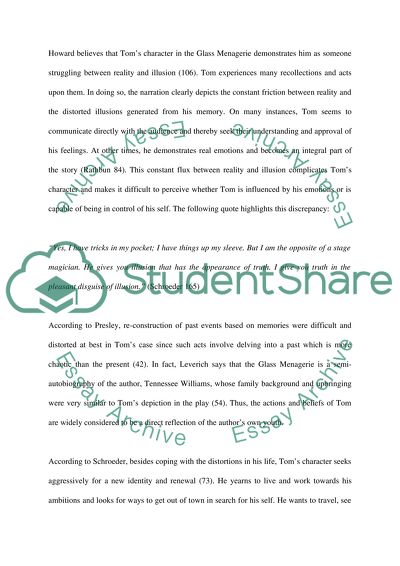Cite this document
(“The Glass Menagerie Research Paper Example | Topics and Well Written Essays - 1250 words”, n.d.)
Retrieved from https://studentshare.org/literature/1429894-write-a-research-paper-on-the-play-the-glass
Retrieved from https://studentshare.org/literature/1429894-write-a-research-paper-on-the-play-the-glass
(The Glass Menagerie Research Paper Example | Topics and Well Written Essays - 1250 Words)
https://studentshare.org/literature/1429894-write-a-research-paper-on-the-play-the-glass.
https://studentshare.org/literature/1429894-write-a-research-paper-on-the-play-the-glass.
“The Glass Menagerie Research Paper Example | Topics and Well Written Essays - 1250 Words”, n.d. https://studentshare.org/literature/1429894-write-a-research-paper-on-the-play-the-glass.


